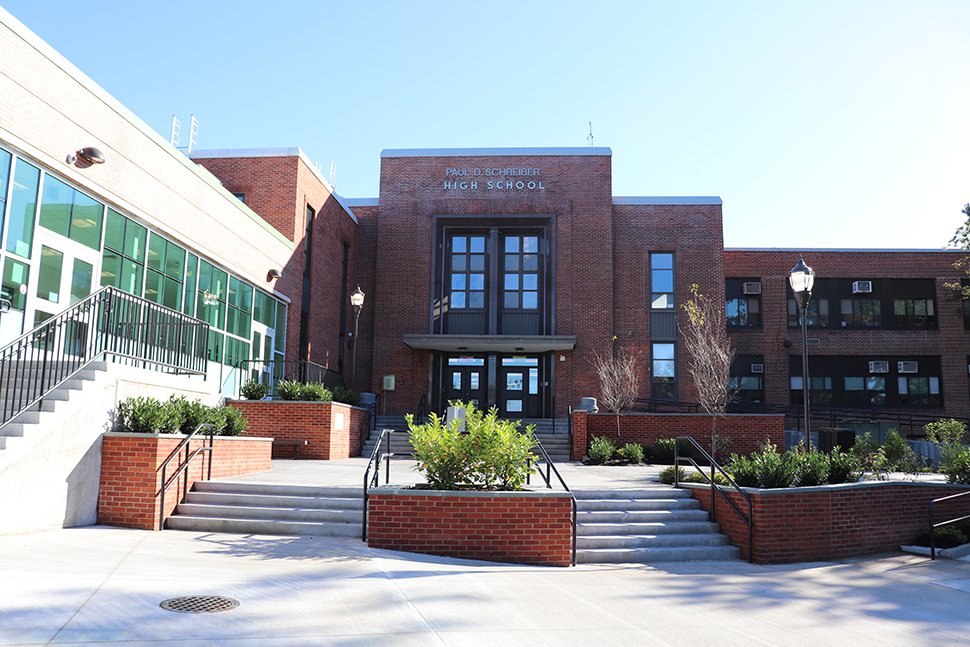
Going Plastic-Free To Promote Sustainability
On Friday, April 19, the Port Washington and North Shore school districts, with the help of community groups, participated in Plastic-Free Lunch Day. Transition Town Port Washington (TTPW) and Coalition


On Friday, April 19, the Port Washington and North Shore school districts, with the help of community groups, participated in Plastic-Free Lunch Day. Transition Town Port Washington (TTPW) and Coalition







The Port Washington/Manhasset/Herricks Vikings won the NYIHSHL Middle School Championship on March 26, 2024. They beat the Massapequa Chiefs 7-1 in dominant fashion. The Vikings

To celebrate the start of Autism Acceptance Month, Spectrum Designs hosted an open house on Monday, April 1. Spectrum Designs is a custom apparel and

The Port Washington Police District (PWPD) would like to notify the Port Washington community that a bid has been accepted by RFC Residential Fence Corp

The Port Washington Youth Activities (PYA) held its second Hoopfest event on Sunday, March 17. The event ran from 10 a.m. to 3:30 p.m. and

The Photography Club of Long Island (PCLI) is hosting a presentation on Bird Photography by the North Shore Audubon Society on Wednesday, April 10 at

Port Washington resident Dr. Corinna Lau opened Perspectives Physical Therapy in 2021 with the goal of helping women through changes that happen during the transition
(Photo from NBCUniversal)
Chuck Scarborough:
A Beacon of Journalistic
Longevity
By Christy Hinko • April 22, 2024
